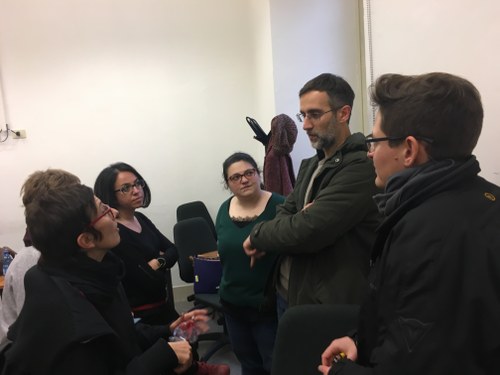The research project
Methods and phases of the research project

The research design is taking into account four dimensions of analysis crucial for describing and understanding variations in experiences related to dying and death across different social groups and in different contexts. The dimensions identified are the following: the territorial dimension, meaning both the region and the demographic size of cities; the position within the social stratification system, its levels of class and rank; gender; the generation of membership.
The research is currently using several methodological tools. First, a sample survey has been conducted using the CAPI method on a representative national sample of 2000 cases, in order to ensure sufficient to ensure that bi- and multivariate analyses are possible. Second, research fellows are carrying out in-depth interviews in order to reconstruct attitudes towards death and experiences of bereavement and mourning. These experiences are collected within families conceived as survey units, so that the members of each family are interviewed in order to maximize generational and gender variety. These two main sources will be flanked by interviews with key informants, analysis of secondary sources (statistical surveys, administrative sources), reconstructions of historical series of specific indicators, archival research, brief ethnographic surveys conducted in ceremonial settings (such as funerals and cemeteries) and professional domains (funeral undertakers, cultural analysis of media products that deal with death and dying).